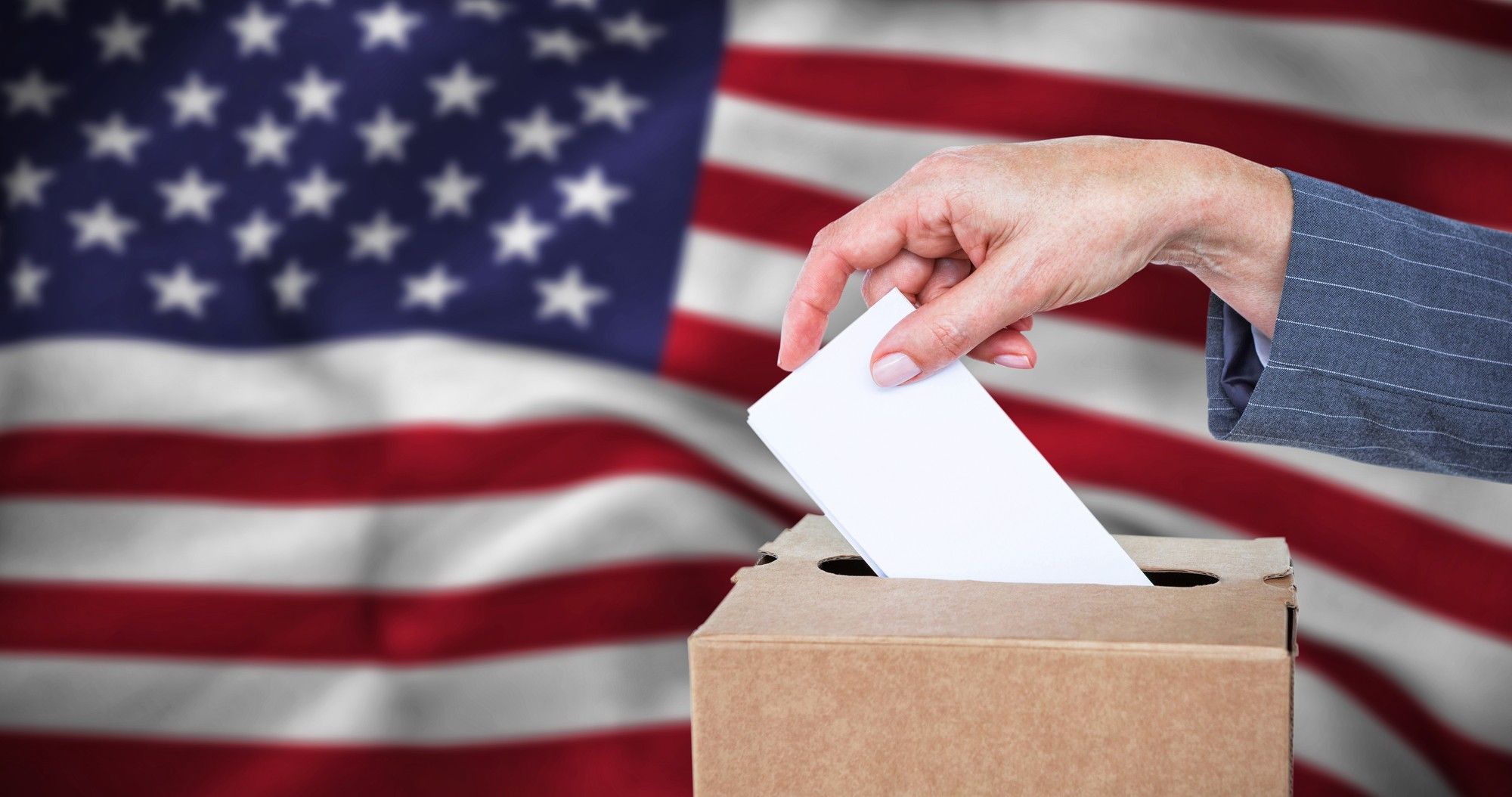Top Class Actions’s website and social media posts use affiliate links. If you make a purchase using such links, we may receive a commission, but it will not result in any additional charges to you. Please review our Affiliate Link Disclosure for more information.
The state of Ohio has been hit with a lawsuit by numerous organizations and individuals who claim that the state’s new law allowing voting only by mail is not fair and may disenfranchise many voters from casting their ballots.
The plaintiffs say that the new law, House Bill 197, violates the National Voter Registration Act by denying citizens effective means to register and cast a ballot in the upcoming election.
House Bill 197 was enacted due to the order by the governor of Ohio to prevent mass gatherings because of the coronavirus and makes voting in elections by mail only, the plaintiffs state.
Are you worried that your vote in the primary won’t count due to coronavirus changes? Get legal help here.
One of the plaintiffs in the case, Lashunda Lee, claims to be an eligible voter who has lived in Ohio for more than 30 years.
She alleges that she planned to vote in-person on election day for the presidential primary. Lee maintains that she does not own a printer, does not have access to one, and all of the places where she could print out a voting form are closed due to the coronavirus.
Additionally, Lee says that she is concerned that leaving her home to find a place to print out a voting registration form would expose her and her family to the coronavirus. Lee argues that she is worried that she will not be able to exercise her fundamental right to vote if she followed the procedures laid out by the state.
Another plaintiff in this lawsuit, Audrianna Victorian Rodriguez, claims that she moved to a different precinct in Cuyahoga County and intended to update her voting address when she arrived in-person at the voting poll.
Instead, she submitted a voter registration application online on March 28, but is worried that her application will not be processed before the 2020 primary election concludes.
“Ms. Rodriguez does not own a printer or have stamps and she is concerned that she will not be able to complete the absentee ballot request process in time if she is required to follow the procedures required by the State,” according to the coronavirus lawsuit filed against the state.
By enacting House Bill 197 in response to the coronavirus, the state of Ohio moved its primary election from March 17 to April 28, did not extend the voter registration deadline, invoked a multi-step, multi-mailing process that will make it impossible for election officials to complete in time for the primary election, and eliminated in-person voting for all but a narrow set of voters, claims the lawsuit.
Another plaintiff in this case, the League of Women Voters of Ohio (LWVO) claims that the states’ response to the spread of the coronavirus has required them to dedicate resources to educate citizens on how the new voting process works and navigating the new system of absentee balloting.
For example, the lawsuit states that one local league is helping residents in a retirement home who had planned to vote in-person to navigate the mail voting process.

The LWVO also alleges that many of their members, as well as the people they are assisting to vote, do not own printers or do not have money to buy ink and stamps which is necessary to send out their absentee ballots.
The LWVO maintains that these individuals cannot go to places, such as libraries, to print out their ballots because these places are closed due to the coronavirus. These individuals rely on the state to send them their ballot applications and that the LWVO is concerned that H.B. 197’s tight timeline will disenfranchise its members and other voters.
Under the new law, the state will be sending out postcards to registered voters in Ohio which will inform them of the new election date and the procedures to apply for an absentee ballot, the plaintiffs explain. After that, voters must apply by mail for their absentee ballot and make a written application for their absentee ballot, according to the coronavirus lawsuit. Then the county election officials must process the ballots to determine if the application contains all of the required information.
Once that is completed, the county sends the individuals their absentee ballot, which they must mail back by April 27, 2020 in order for their ballots to count, the plaintiffs say.
“The unrealistic and unyielding process H.B. 197 sets forth for mail voting will unduly burden and disenfranchise Plaintiffs Lee, Mostafa, and Rodriguez; members and constituents of Plaintiff’s LWVOH and Ohio APRI,” the plaintiffs allege.
A similar situation is happening in Wisconsin, with voters arguing that the coronavirus is complicating the voting process. In that state, voters have asked their election commission to waive witness signature requirements for absentee voting.
The plaintiffs are represented by Ezra D. Rosenberg, Jon M. Greenbaum, Pooja Chaudhuri, and Jacob Conarck of the Lawyers’ Committee For Civil Rights Under Law, Freda J. Levenson and David J. Carey of the ACLU of Ohio Foundation, and Naila S. Awan, Trial Attorney, Brenda Wright, Emerson Gordon-Marvin, Chiraag Bains, and Adam Lioz of Demos.
The Ohio Coronavirus Voting Election Lawsuit is League of Women Voters of Ohio, et al. v. Frank Larose, Case No. 2:20-cv-01638, in the U.S. District Court for the Southern District of Ohio.
Join a Free Coronavirus Class Action Lawsuit Investigation
If you believe your rights were violated in a way that is directly related to the coronavirus pandemic, you may qualify to join this coronavirus class action lawsuit investigation.
ATTORNEY ADVERTISING
Top Class Actions is a Proud Member of the American Bar Association
LEGAL INFORMATION IS NOT LEGAL ADVICE
Top Class Actions Legal Statement
©2008 – 2024 Top Class Actions® LLC
Various Trademarks held by their respective owners
This website is not intended for viewing or usage by European Union citizens.
















2 thoughts onVoting Groups Say Ohio Coronavirus Law Is Unfair
Please add me
yes add me